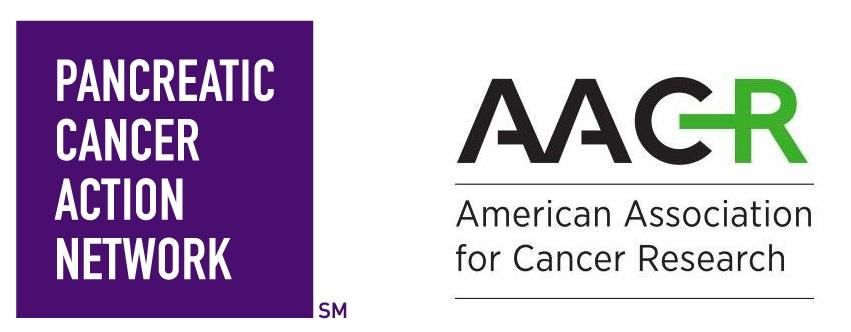Precision Medicine Clinical Trial for Metastatic Pancreatic Cancer Now Open at Georgetown Lombardi

Posted in News Release | Tagged cancer
WASHINGTON (June 16, 2016) — The first clinical trial to compare standard of care chemotherapy with molecularly tailored therapy (also known as precision medicine) for metastatic pancreatic cancer is now enrolling patients at Georgetown Lombardi Comprehensive Cancer Center.
The phase II study, which involves four other cancer centers around the country, will enroll about 60 patients. Half will be randomly assigned to receive standard of care chemotherapy regimens — two are in use today — and the other half will have their tumors analyzed using state-of-the-art laboratory tests designed to match treatment to the genes and proteins making their cancers grow and spread. (The patient’s insurance company will be billed for molecular tests, but a co-pay or surcharge may be applied).
“In the molecularly tailored group, we will be harnessing any and all available resources to provide patients with the right drugs to treat their tumors,” says Georgetown Lombardi oncologist Michael J. Pishvaian, MD, PhD, principal investigator of the clinical trial who sees patients at MedStar Georgetown University Hospital.
For example, if a patient’s tumor reveals molecular pathways found in breast or ovarian cancer, drugs for those tumor subtypes will be used.
“We may find that some patients do better with standard of care therapy because their tumors use pathways for which we do not have a targeted therapy, and that other patients respond well to targeted treatments for which we have an agent,” Pishvaian says. “I am certain we will learn a lot about what drives pancreatic cancer, what we can use in our medical toolkit and what we need to develop as novel treatments.”

The $1 million study is being funded by the American Association for Cancer Research (AACR) and the Pancreatic Cancer Action Network (PanCAN). The other co-leading institution is Thomas Jefferson University in Philadelphia, which will molecularly model individual tumors.
The award to Georgetown Lombardi and Thomas Jefferson University recognizes “the urgent need for research into this deadly disease,” said Margaret Foti, PhD, AACR chief executive officer, when the clinical trial was announced last year.
“Pancreatic cancer is one of the few cancer types for which death rates are steadily increasing; it is projected to become the second leading cause of cancer-related death in the United States by 2030,” Foti said.
Patients who have been treated with one round of chemotherapy for metastatic pancreatic cancer and have stable disease as determined by screening may be eligible to enroll at Georgetown Lombardi, Thomas Jefferson University, Cedars-Sinai in Los Angeles, Virginia Mason in Seattle and Mount Sinai in New York.
The study is also being funded or supported in part by Caris Life Sciences, Inc.; Guardant Health, Inc.; and Theranostics Health, Inc. Pishvaian has been a paid advisor and paid speaker for Caris Life Sciences.
For more information about this or other cancer clinical trials, please call Georgetown Lombardi at 202-444-2223, and press 3.
About Georgetown Lombardi Comprehensive Cancer Center
Georgetown Lombardi Comprehensive Cancer Center, part of Georgetown University Medical Center and MedStar Georgetown University Hospital, seeks to improve the diagnosis, treatment, and prevention of cancer through innovative basic and clinical research, patient care, community education and outreach, and the training of cancer specialists of the future. Georgetown Lombardi is one of only 45 comprehensive cancer centers in the nation, as designated by the National Cancer Institute (grant #P30 CA051008), and the only one in the Washington, DC area. For more information, go to lombardi.georgetown.edu.
About Georgetown University Medical Center
Georgetown University Medical Center (GUMC) is an internationally recognized academic medical center with a three-part mission of research, teaching and patient care (through MedStar Health). GUMC’s mission is carried out with a strong emphasis on public service and a dedication to the Catholic, Jesuit principle of cura personalis — or “care of the whole person.” The Medical Center includes the School of Medicine and the School of Nursing & Health Studies, both nationally ranked; Georgetown Lombardi Comprehensive Cancer Center, designated as a comprehensive cancer center by the National Cancer Institute; and the Biomedical Graduate Research Organization, which accounts for the majority of externally funded research at GUMC including a Clinical and Translational Science Award (UL1TR001409-01) from the National Institutes of Health.
###
